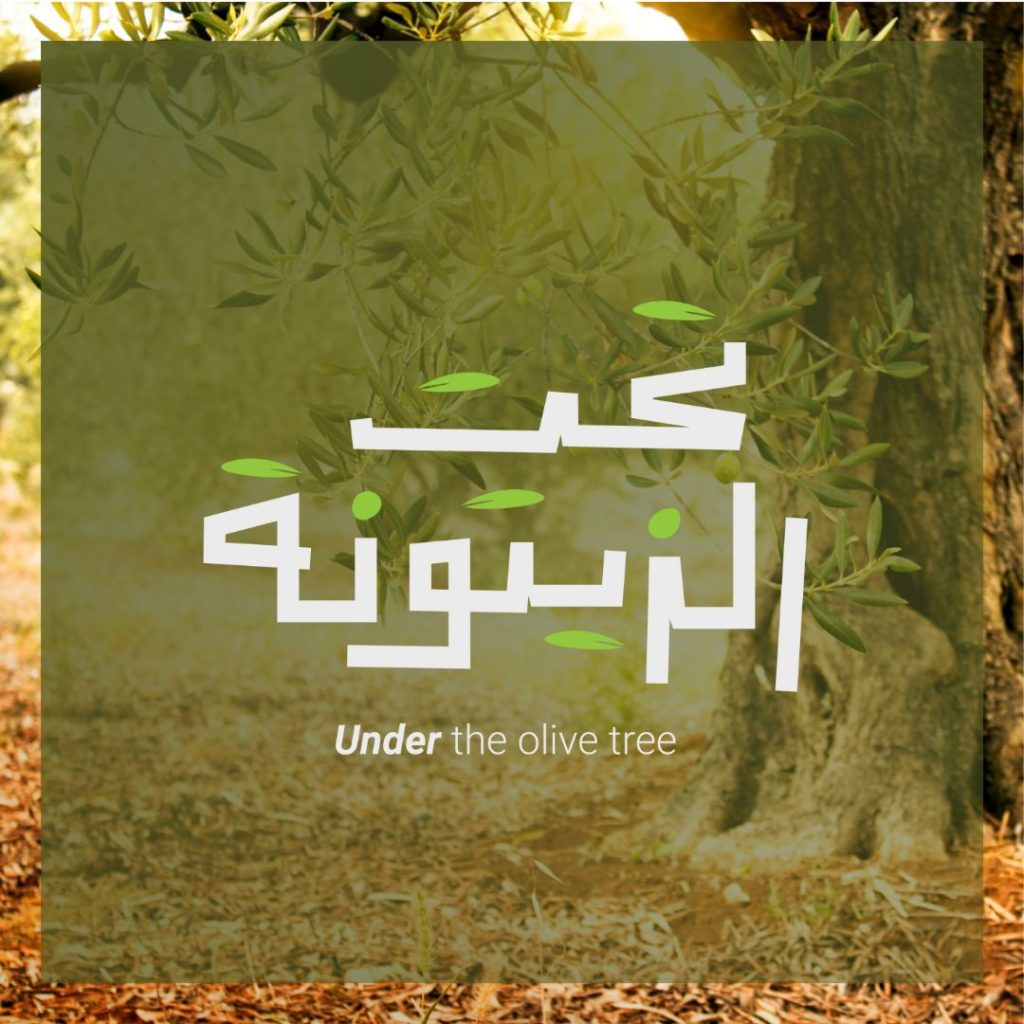Mutual aid is when everyday people get together to meet each other’s needs, with the shared understanding that the systems we live in are not meeting our needs and that we can meet them together, right now, without having to pressure power structures to do the right thing. Mutual aid is an idea and practice that is based on the principles of direct action, cooperation, mutual understanding, and solidarity. Mutual aid is not charity, but the building and continuing of new social relations where people give what they can and get what they need, outside of unjust systems of power.
– Joel Izlar, School of Social Work, University of Georgia
The concept and practice of mutual aid has had a rising influence in social justice circles in the last decade. We have seen its popularity rise in countries like the US, particularly during the COVID-19 pandemic where everyday people stepped up to support each other when governments and institutions fell short. However, mutual aid is nothing new — it embodies a value system based on communal care, reciprocity, solidarity, and love. It embodies indigenous values that exemplify a Palestinian ethos of interdependence.
This time of crisis in Gaza is deeply painful to witness. At the same time, it offers sharp clarity about the urgent need to replace the systems that we are conditioned to believe are indispensable to Palestine’s development and societal progress. This past week, after Israeli forces opened fire on Palestinians receiving long-awaited shipments of aid, the US government, in an empty gesture, air dropped aid into Gaza—a perfect portrait of the hypocrisy and toxicity of neocolonial aid systems. Beyond the violent massacres that surround aid delivery, even long-standing aid institutions such as UNRWA are being systematically delegitimized and smeared through the weaponry of propaganda.
The vacuum created by the shortfalls and undermining of international aid institutions has given mutual aid the space to flourish in this time of crisis in Gaza. Through the power of people-to-people trust and solidarity, material resources are making their way into the hands of everyday Gazans to improve conditions for their fellow people enduring the horrific conditions. Refugee tents are being weatherproofed, portable bathrooms are being installed, food and hygiene kits are being distributed. We have even seen volunteer initiatives underway that are distributing electronic SIM cards (eSIMs) to Gazans to keep them connected to the internet and therefore lifesaving information and the outside world.
We at BuildPalestine are in the business of reimagining Palestinian aid from being a sector beholden to international governments and their policies to one that is driven by and for Palestinians. This does not mean that progress in Palestine does not need global support. It means that we need the solidarity, not the charity, of the international community. Mutual aid is a powerful vehicle for that solidarity.
The impact we are seeing of mutual aid in this time encourages us to consider how we might scale mutual aid beyond a stop-gap urgent measure to a sustainable practice that fuels Palestinian self-determination. Mutual aid reaffirms the truth that local leaders are the one’s best equipped to care for and lead their communities. By investing directly in Palestinian social entrepreneurs—local leaders with deep roots in their communities—we uplift Palestinian solutions to Palestinian problems. We put the power in the hands of the people to determine and shape their future.
In some ways, BuildPalestine can be seen as a global hub for Palestinian mutual aid. Through our membership network, Under the Olive Tree, we make it easy for the global community to directly plug into ongoing initiatives driven by and for Palestinians, bolstering our commitment to replacing neocolonial systems with the practice of active and participatory solidarity.
Learn more about mutual aid—how it is functioning in Gaza and the practical implications of sending money directly to Palestine in an age where anti-terrorism laws are weaponized—by viewing this webinar discussion hosted by BuildPalestine featuring Joyce Ajlouny of the American Friends Service Committee and Diala Shamas of the Center of Constitutional Rights.


